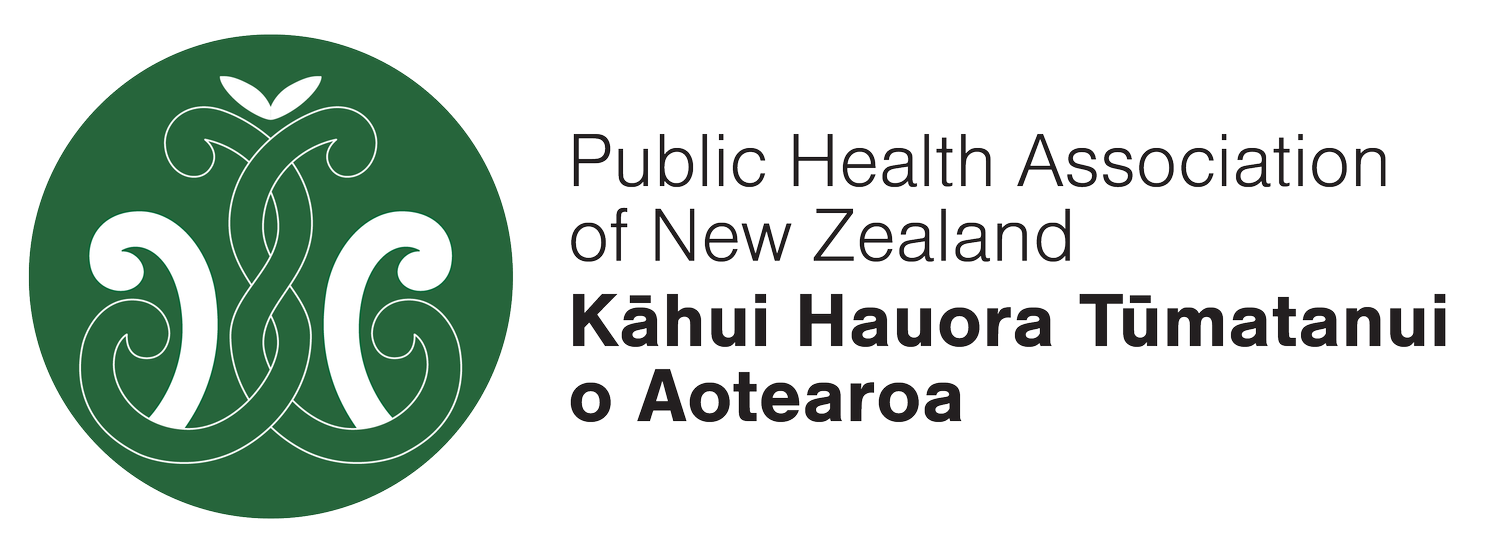THINK PIECE - WORLD SUICIDE PREVENTION DAY 2024
changing the narrative in new zealand
On World Suicide Prevention Day, which is on 10 September 2024, PHANZ is taking significant steps towards "Changing the Narrative on Suicide" by addressing New Zealand's specific challenges and mobilising action points. With over 500 lives lost to suicide in 2023 (Te Whatu Ora, 2024), the urgency to intervene with targeted strategies and foster open dialogue has never been more critical.
Cultural Disparities:
The "Evidence Synthesis" report (July 2024) highlights the stark disparities in suicide rates among different demographic groups in New Zealand, particularly noting the higher rates among Māori and Pacific communities. These disparities are rooted in systemic inequities and are exacerbated by limited access to culturally appropriate mental health services. To truly "Change the Narrative on Suicide," as emphasised by the WHO's 2024 theme, New Zealand must adopt targeted interventions that address these underlying issues, prioritise early intervention, and foster community-led support systems.
The effort to change the conversation around suicide in New Zealand demands a deep understanding of its unique cultural, social, and economic landscapes. Notably, the disproportionately high suicide rates among Māori underscore broader issues of inequity, dislocation, and historical trauma. In response, it is essential to prioritise culturally responsive approaches tailored to the mental health needs of Māori and Pacific peoples. Community-led initiatives, empowering local groups to tailor solutions to their specific needs, are at the heart of our strategy. Moreover, decolonising mental health services is imperative to remove biases and promote inclusivity in care, creating a more supportive environment for everyone's mental well-being.
Supporting the Public Health Workforce:
Embedded within these efforts is the unwavering dedication of New Zealand's public health workforce, specialising in suicide prevention and mental health support. These professionals—including mental health practitioners, community health facilitators, policy advocates, and others—are pivotal in driving the change we aspire to see. Their work in developing, advocating for, and executing culturally sensitive and effective interventions mirrors our mission to reshape how we discuss and address suicide in our communities.
Key Focus Areas:
Reducing Stigma: Encouraging open, authentic discussions about mental health and suicide is imperative. The stigma surrounding mental illness and seeking help persists as a significant barrier in New Zealand. Cultivating a culture of understanding and support is crucial, and here, the public health workforce's role in community education and engagement becomes indispensable. By fostering open environments where mental health can be freely discussed, we aim to reduce stigma and motivate individuals to seek the support they need.
Supporting Vulnerable Populations: Specific interventions are required for higher-risk groups, including Māori, Pacific peoples, LGBTQ+ communities, and youth. The expansion of culturally appropriate mental health services and the bolstering of community-led initiatives are vital. The public health workforce is instrumental in identifying the nuanced needs of these groups and delivering tailored solutions, emphasising the importance of an inclusive, empathetic approach to mental health support.
Policy and Advocacy: Elevating mental health as a priority in policy-making is a critical step towards robust suicide prevention measures. This includes increased funding for mental health services and ensuring equitable access to care. The public health workforce spearheads advocacy efforts to weave suicide prevention into the fabric of health and social policies by addressing the underlying social determinants of health, such as housing, employment, and education.
Community Empowerment & Engaging with Young People: Empowering communities and engaging young people are paramount for paradigmatic change. Grassroots initiatives led by public health professionals, fostering mental well-being and resilience, play a significant role. Furthermore, creating spaces for open dialogue with the youth—understanding their challenges, providing support systems, and integrating their perspectives into broader suicide prevention strategies—is essential.
Call to Action:
In embracing this year’s theme, we invite all New Zealanders to start conversations about mental health, support those in distress, and advocate for policies prioritising mental well-being. The public health workforce stands ready to help, guide, and engage with communities nationwide to change the narrative on suicide.
On 10 September 2024, as part of our united effort to see a shift in how suicide is approached and discussed, we draw upon the strength, expertise, and dedication of New Zealand's public health professionals. Their role is crucial in making the vision of a nation where every individual has access to the support they need a reality. Together, we can forge a path towards a future marked by compassion, understanding, and holistic support.
Campaign Slogan: Changing the Narrative on Suicide
Hashtag: #WorldSuicidePreventionDay
For more information, visit the International Association for Suicide Prevention (IASP)


